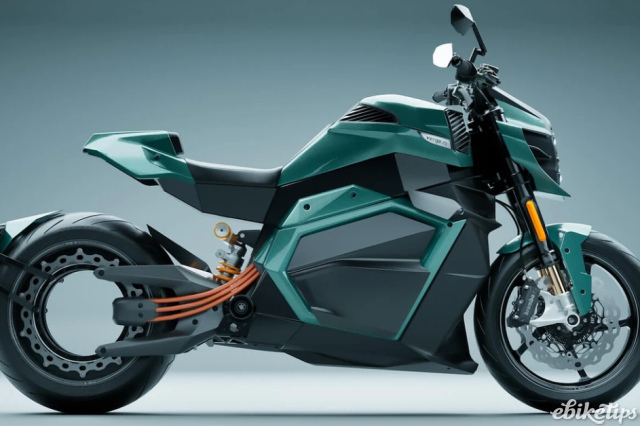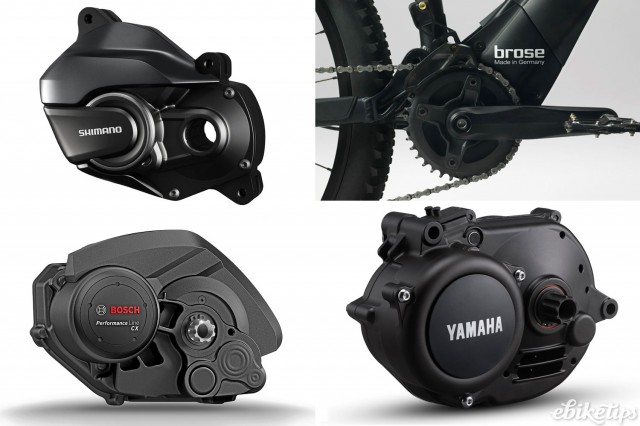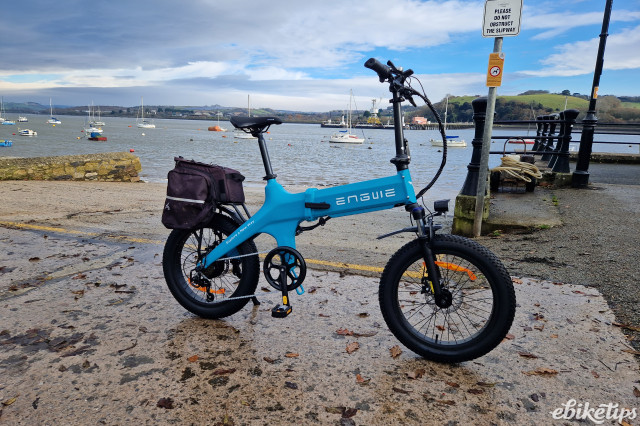Off road cyclists in Canberra, Australia, have been warned that riding e-bikes on the capital's nature park trails may result in fines.
A 1999 law - part of the Canberra Nature Park Management Plan - made riding motorised vehicles illegal on trails in the Australian Capital Territory (ACT).
The ACT is one of two self-governing territories in Australia and sits in the south east of New South Wales, the country's second most populous state recently dubbed the "worst state in the world" for cyclists.
The law that is causing the controversy is currently up for review in the capital and campaigners among the Canberra Off Road Cyclists (CORC) - the country's largest mountain biking club - have backed a proposition to uphold the law, in the face of protest from e-bike riders.
While the CORC's president has been outspoken on the matter, saying the territory's trails "aren't built for [e-bike use]" which he compared to motor bikes, other members of the club have expressed their dissapointment on the group's Facebook page.
The CORC's major concerns revolve around the upkeep and health of the territory's trails. President Brendon Mulloy spoke to the Canberra Times, expressing the group's worrys.
"Our major concern is the damage occurring to the trails, it is very similar to what a trail [motor] bike would do in terms of damage," president Brendon Mulloy said. "Our trails aren't built for that."
The anecdotal nature of Mulloy's protests were picked up on by e-bike riding members of the club's Facebook page however, with several users protesting that e-bikes cannot be compared to motorised trail bikes.
"I have a pedal assist, you can't spin the wheels and it does no more damage than a standard mountain bike," Adam Macie wrote in response to one user who pointed out the huge difference between pedal assist e-bikes and throttalable e-bikes.
"This decision is hugely disappointing. I'm overweight and not as fit as some, but riding a pedal assist eBike allows me to get out and ride much more than I otherwise would and as a result I'm getting fitter and healthier."
That distinction between throttlable e-bikes and pedal assist models is one that goes deeper than the CORC's statement. The government has not been able to adequately distinguish between the two.
The lack of distinction means cyclists like Adam Macie, who would be incapable of using trails in any capacity, let alone the safe and non-damaging manner he currently uses them on his e-bike, are lumped in the same category as those who would abuse them.
Reports of the state of cycling the New South Wales area of Australia paint a picture of an anti-cycling mentality.
The state enforces a number of laws that they say keep cyclists safe - fining cyclists caught riding on a footpath, riding without a bell, riding without lights, and without a helmet, - but experts, cycling enthusiasts, and academics like Professor Chris Rissel of the University of Sydney say that anti-inclusive laws like these are making the cycling experience in Australia worse.
Reacting to further tightening of legislative rules on cycling in February of this year, Professor Rissel said: "There are many things that could be done to make cycling safer and to encourage more people to ride. These [laws] are not it.”
“We’re probably going to become the worst state in the world in terms of how we treat cyclists – if we’re not already.”
Whether or not the preservation of trails is more important than properly distinguishing between e-bike types and encouraging more cyclists to ride the trails is up for debate.
In the mean time cyclists like Adam Macie will be taking a break from trail riding, it seems.




